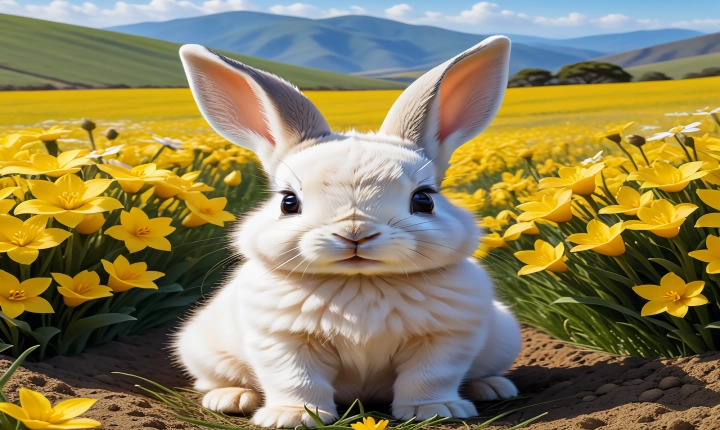Title: Could AI Create Entire Novels?
Introduction
With the rapid advancement of artificial intelligence (AI) technology, the possibility of AI creating entire novels has become a topic of interest and speculation. While AI has demonstrated its proficiency in various creative tasks such as painting and composing music, the idea of AI generating complete works of literature raises intriguing questions about the intersection of technology and creativity.
AI and Creative Writing
AI algorithms have shown remarkable capabilities in natural language processing and generation. These algorithms are trained on massive datasets of written texts, allowing them to analyze and understand the patterns and structures of language. This ability has led to the development of AI systems capable of generating coherent and even compelling pieces of written work.
In recent years, several AI models have been created that can produce prose, poems, and even short stories that mimic human writing styles. These systems can generate text based on prompts or themes and can adapt their output to specific genres or tones. The quality of AI-generated writing has improved significantly, leading some to ponder the potential for AI to compose entire novels.
The Challenges of AI Novel Writing
Creating a novel involves more than just stringing words together. It requires an understanding of character development, plot progression, dialogue, and the nuances of storytelling. While AI can generate coherent sentences and paragraphs, it currently lacks the intrinsic understanding of human emotions, experiences, and cultural contexts that are essential to crafting a compelling narrative.
Additionally, the originality and creativity inherent in novel writing pose a significant challenge for AI. While AI can generate text based on existing patterns and styles, it struggles to produce truly innovative and unique storytelling. The ability to create multidimensional characters, nuanced themes, and unpredictable plot twists remains a distinctly human endeavor.
The Role of Human Creativity
Despite the advancement of AI in generating written content, the role of human creativity in novel writing cannot be overstated. The ineffable qualities of human imagination, intuition, and empathy are deeply ingrained in the art of storytelling. Authors draw from their own experiences, emotions, and insights to craft narratives that resonate with readers on a profound level.
While AI may assist writers by generating ideas, suggesting plot points, or even mimicking writing styles, it is unlikely to fully emulate the deeply personal and original nature of human creativity. The process of novel writing encompasses the human experience in all its complexities, and this fundamental aspect cannot be replicated by machines.
The Future of AI and Creativity
Despite the current limitations, the integration of AI into the creative writing process holds promise for the future. AI can serve as a valuable tool to aid authors in brainstorming, editing, and refining their work. It can help streamline the writing process by generating inspiration, organizing ideas, and providing insightful feedback.
Moreover, the collaboration between human authors and AI technology may lead to innovative storytelling methods and new literary forms. By harnessing the strengths of AI in language processing and data analysis, writers can leverage these capabilities to enhance their craft and explore novel approaches to storytelling.
Conclusion
The question of whether AI could create entire novels raises thought-provoking considerations about the intersection of technology and creativity. While AI has demonstrated remarkable capabilities in generating written content, the depth and intricacy of novel writing remain firmly rooted in the human experience. The future of AI in creative writing may lie in its role as a complementary tool for human authors, offering new perspectives and possibilities while preserving the essence of human creativity in storytelling.
